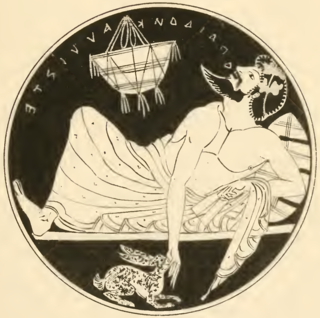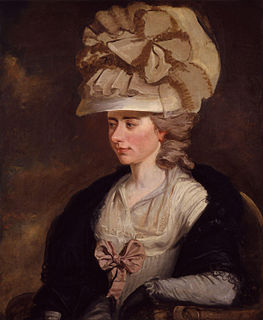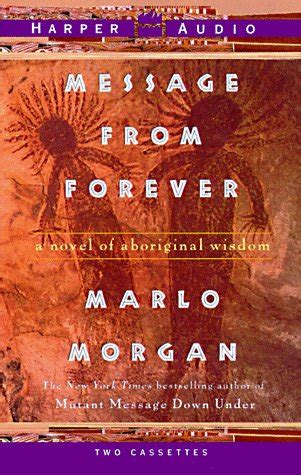A Quote by Benjamin Franklin
Beauty and folly are old companions.
Quote Topics
Related Quotes
Incredulity is not wisdom, but the worst kind of folly. It is folly, because it causes ignorance and mistake, with all the consequents of these; and it is very bad, as being accompanied with disingenuity, obstinacy, rudeness, uncharitableness, and the like bad dispositions; from which credulity itself, the other extreme sort of folly, is exempt.
Beauty is a key to the mystery and a call to transcendence. It is an invitation to savor life and to dream of the future. That is why the beauty of created things can never fully satisfy. It stirs that hidden nostalgia for God which a lover of beauty like Saint Augustine could express in incomparable terms: 'Late have I loved you, beauty so old and so new: late have I loved you!'.


































